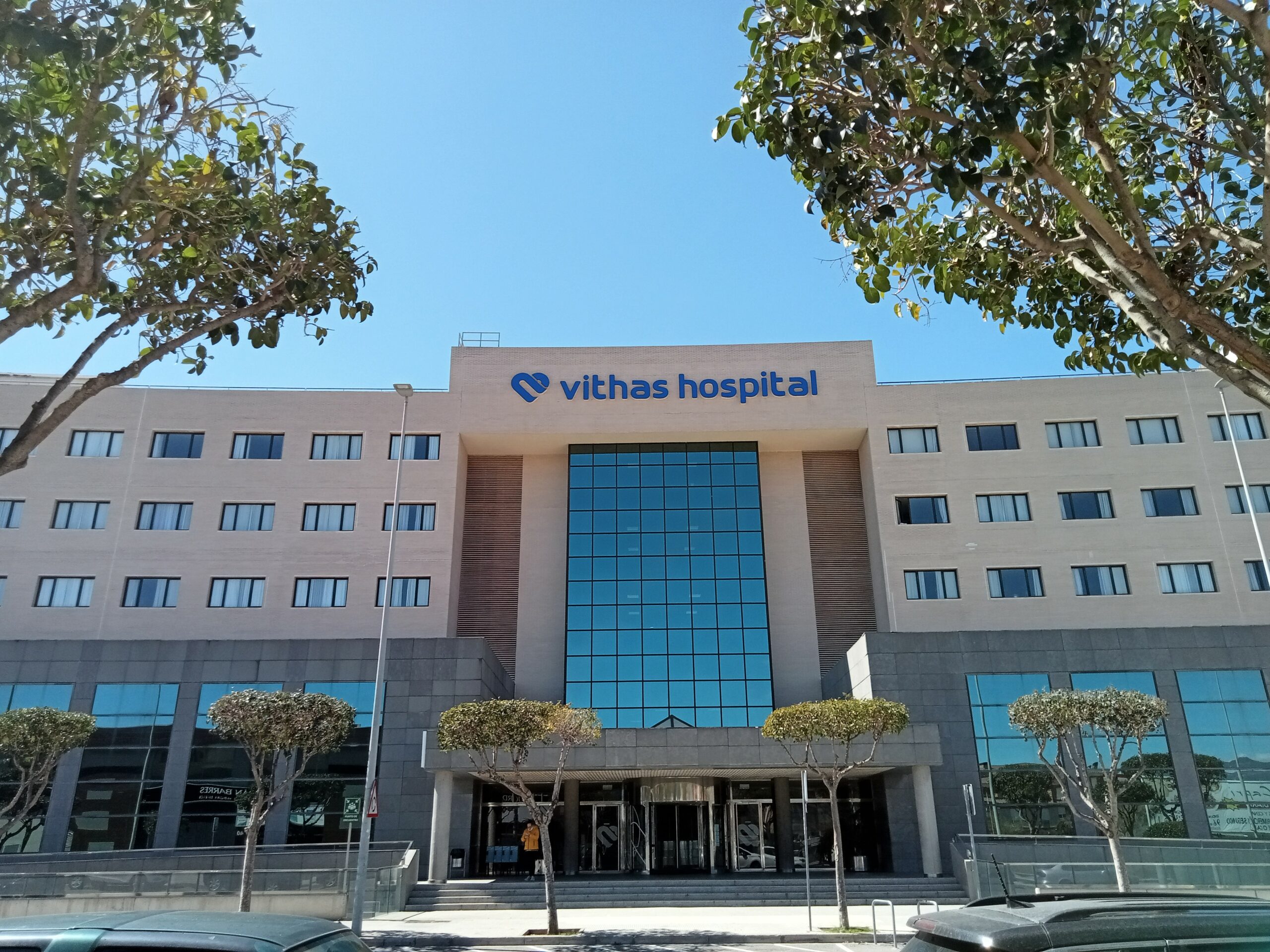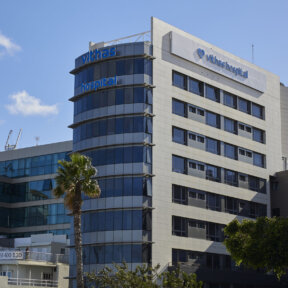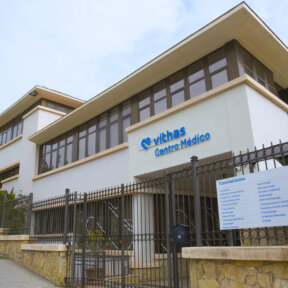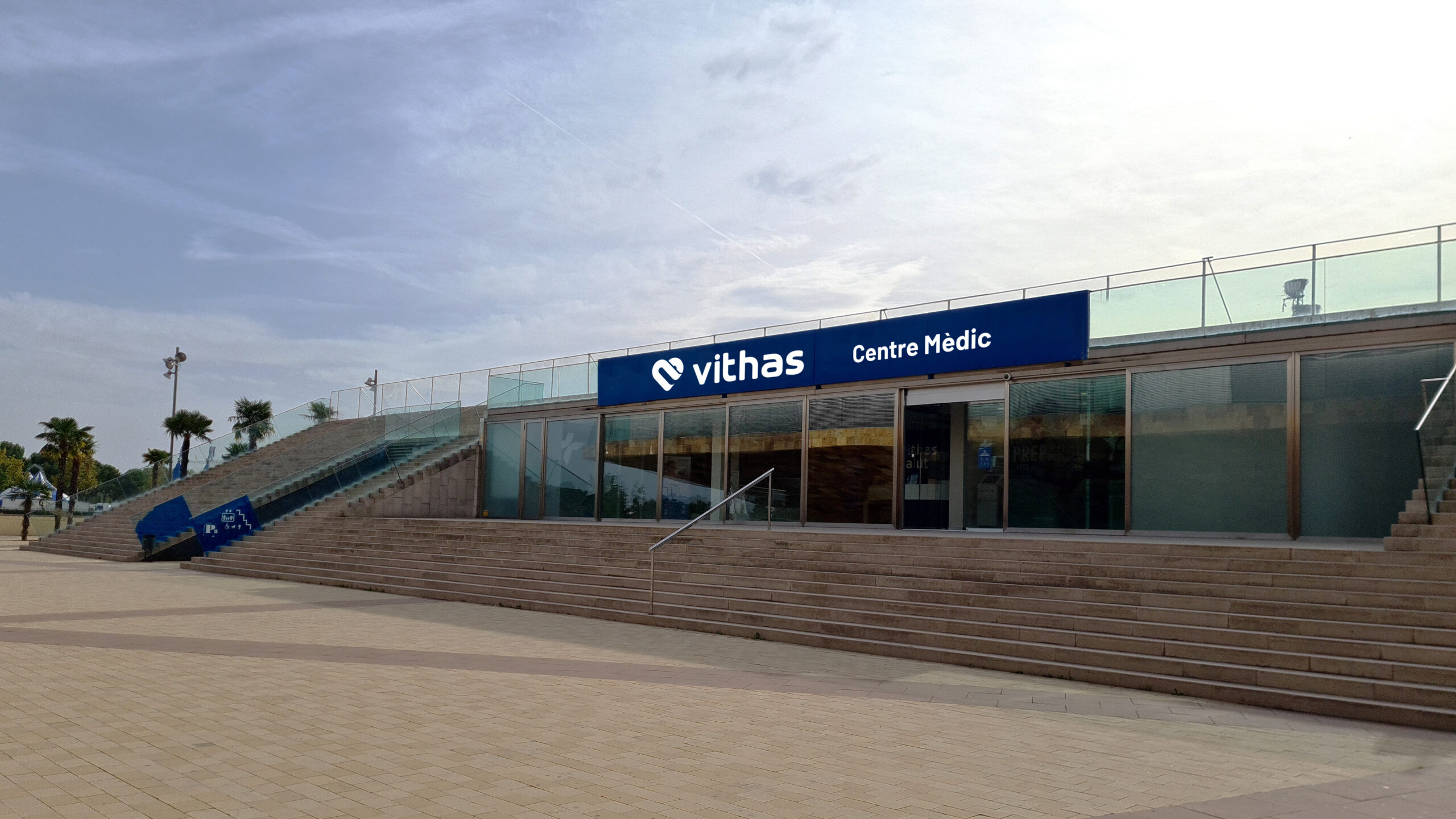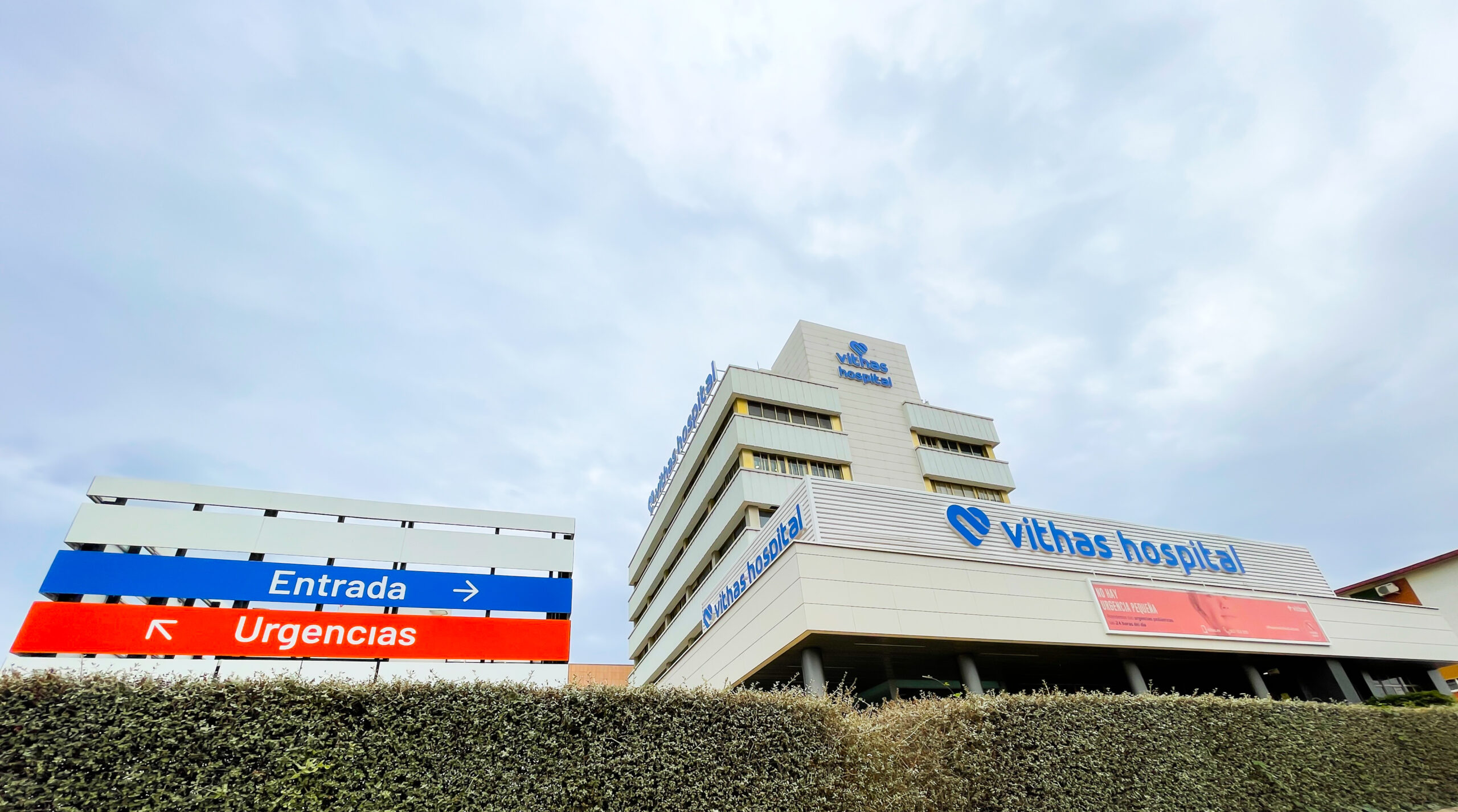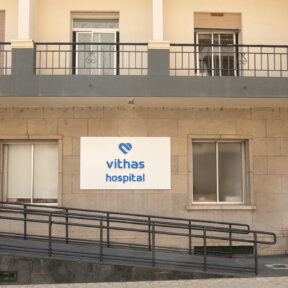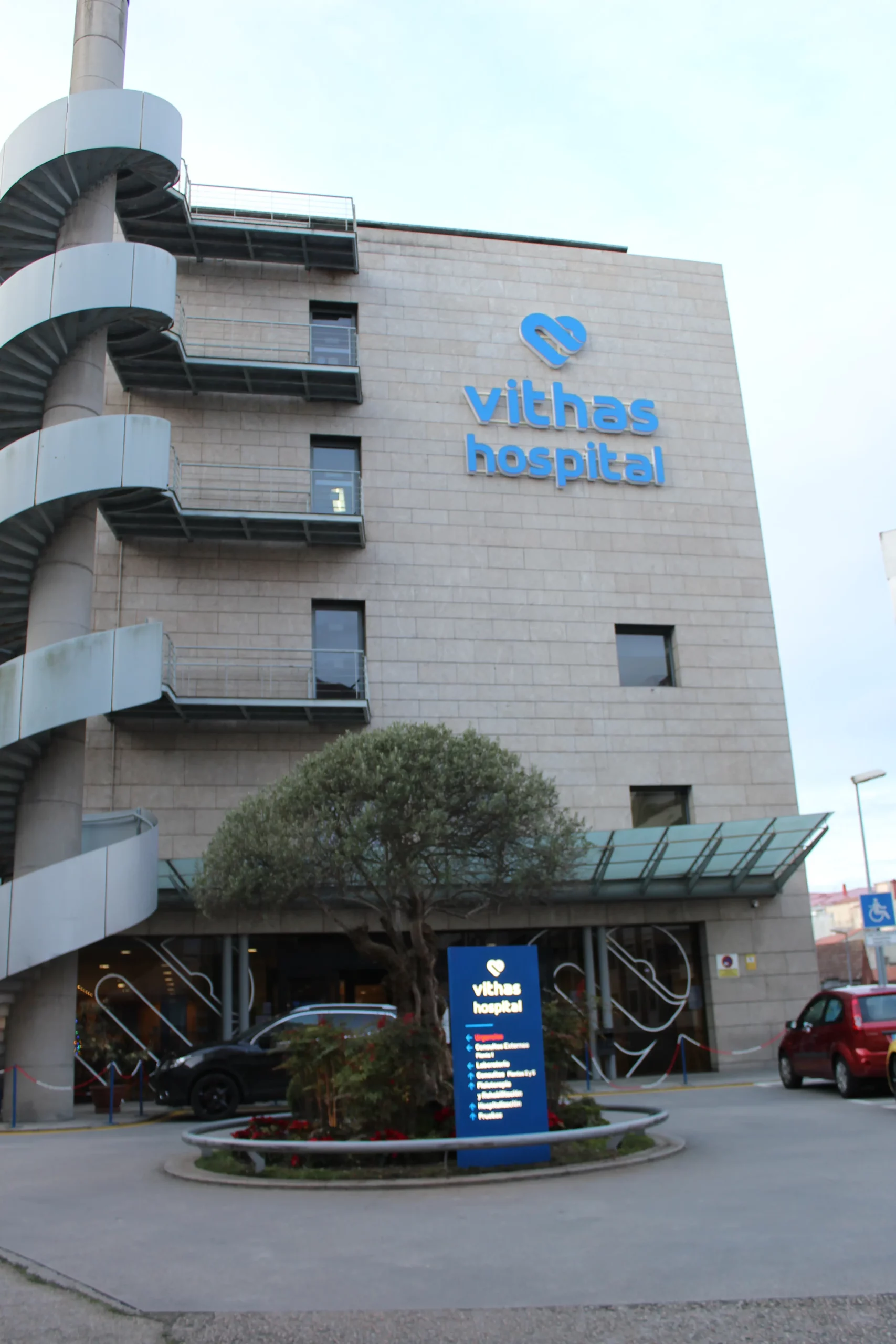What is aesthetic medicine?
The goal of aesthetic medicine is to restore, maintain and promote aesthetics, beauty and health by means of medical treatments and minor outpatient procedures performed under topical or local anaesthesia.
This field is for people without any illnesses who wish to improve their image.
The main aim of these techniques is to exercise true preventive medicine, since a good aesthetic appearance is always beneficial and promotes well-being and better general health.
Aesthetic medicine does not involve major surgery or surgery that requires general anaesthesia, as in the case of aesthetic surgery, which usually requires the patient to be admitted.
Which patients is it for?
It is aimed at anyone who wants or requires this type of treatment.
Main diagnostic resources and technology
The main diagnostic resource is a proper clinical assessment by the aesthetic doctor. It is important to have an adequate understanding of the anatomy and the physiological ageing process to determine patients’ needs and establish the right treatment plan.
Other types of tools may also be used to support this diagnostic process and clinical outcome, such as clinical scales and technological equipment.
Of the latter, some are easily accessible and very useful in the consultation such as photography (the most used), video and high-frequency ultrasound.
Other more specialised tools with a narrower scope, which are not indispensable for treatment, include three-dimensional digital stereophotogrammetry, high-resolution profilometry and magnetic nuclear resonance.
Main treatments
- Botulinum toxin
- Hyaluronic acid and/or hydroxyapatite fillers
- Laser, intense pulsed light (IPL)
- Platelet-rich plasma (PRP)
- Gentle and deep chemical peels
- Facial, body and hair mesotherapy
- Dermapen
- Traction and smooth lifting threads
- Non-surgical rhinoplasty
- Gummy smile correction
- Carboxytherapy
- Belkyra
- Bruxism
- Axillary sweating (hyperhidrosis)
- Non-surgical blepharoplasty
- Aesthetic treatment of leg veins
- Aesthetic treatment of external female genitalia
Areas of specialisation
- Trichology
- Aesthetic gynaecology
- Phlebology
- Nutrition
- Locoregional anaesthesia
- Cosmetic dentistry (gummy smile)
Special services
We have high-level, specialised plastic, reconstructive and aesthetic surgery units.
Our medical teams have proven experience in this field. The highly advanced techniques we perform include micro-surgical reconstruction of the breast and other areas of the body, which is often necessary after undergoing tumour surgery or severe trauma.
In addition, many of our professionals specialise in specific fields such as laser-assisted body contouring and facial ageing prevention treatments.
In order to offer a functional and effective service, the Plastic Surgery Service works closely with other hospital units, allowing us to offer patients comprehensive treatment to improve their health and body image.
Why come to our clinic?
We are a multidisciplinary centre, with highly trained specialists working to offer high-quality and highly effective support, guidance, diagnosis and treatment to meet all our patients’ needs.
FAQs
Do I need to be over age to have these types of treatments?
Most aesthetic treatments are not recommended for minors as they have not finished their physical and psychological maturity. For patients under the age of 18, any decision must be supported by the parents or a legal guardian, who is responsible for the decision.
Procedures for patients in their advanced adolescence stage (between 16 and 18 years) should contribute to their overall well-being due to the hormonal influence of the stage, such as acne treatments and axillary hyperhidrosis (excess sweating) treatments.
What risks should be considered before deciding to undergo aesthetic procedures?
History of herpes, allergy to medicines and/or anaesthetics, taking anticoagulant and/or antiplatelet medications, pregnancy, previous aesthetic treatment with fillers.
How long does it take to recover from a procedure on average?
Recovery time depends on the cosmetic procedure performed. Most have a quick recovery time, about 24 hours, and patients can restart their daily activities with minimal recommendations.
There are a few exceptions, where the average recovery time can range between 3–5–10 days (peels, thread lift, non-surgical blepharoplasty, belkyra).




